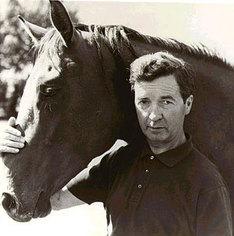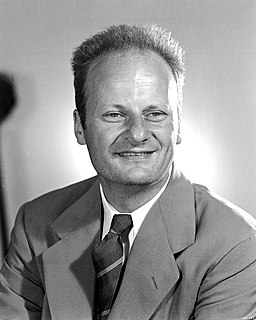A Quote by Murray Gell-Mann
Think how hard physics would be if particles could think
Related Quotes
I founded an educational software company called Knowledge Revolution. We had the first fully animated physics lab on the computer. You could take ropes, pulleys, balls and anything else you'd use in your physics textbook and the program would allow you to build anything you can think of in a physics lab.
We could tell them [alien civilization] things that we have discovered in the realm of mathematical physics, but there is stuff that I would like to know. There are some famous problems like how to bring gravitation and quantum physics together, the long-sought-after theory of quantum gravity. But it may be hard to understand the answer that comes back.
We know little of the consequences of the geoengineering process, such as spraying particles into the atmosphere that shade the planet from the sun's rays and could decrease its temperature. But this process is how dinosaurs disappeared from the Earth about 60 million years ago, by particles spewed by a volcano or a giant meteorite impact, and our species could follow suit.
The standard model of particle physics says that the universe consists of a very small number of particles, 12, and a very small number of forces, four. If we're correct about those 12 particles and those four forces and understand how they interact, properly, we have the recipe for baking up a universe.
The thing about physicists is that they tend to think that everything is physics. I don't. That's not what music is to me. You can explain aspects of it in physical terms, including the physics of anatomy: how our bodies move, the torsional moment of inertia, the way you move your body to a beat, the inherent periodicities of the heartbeat, the gait. That's physics, too, I guess - maybe they'd call it biophysics.
No one any longer pays attention to - if I may call it - the spirit of physics, the idea of discovery, the idea of understanding. I think it's difficult to make clear to the non-physicist the beauty of how it fits together, of how you can build a world picture, and the beauty that the laws of physics are immutable.


































